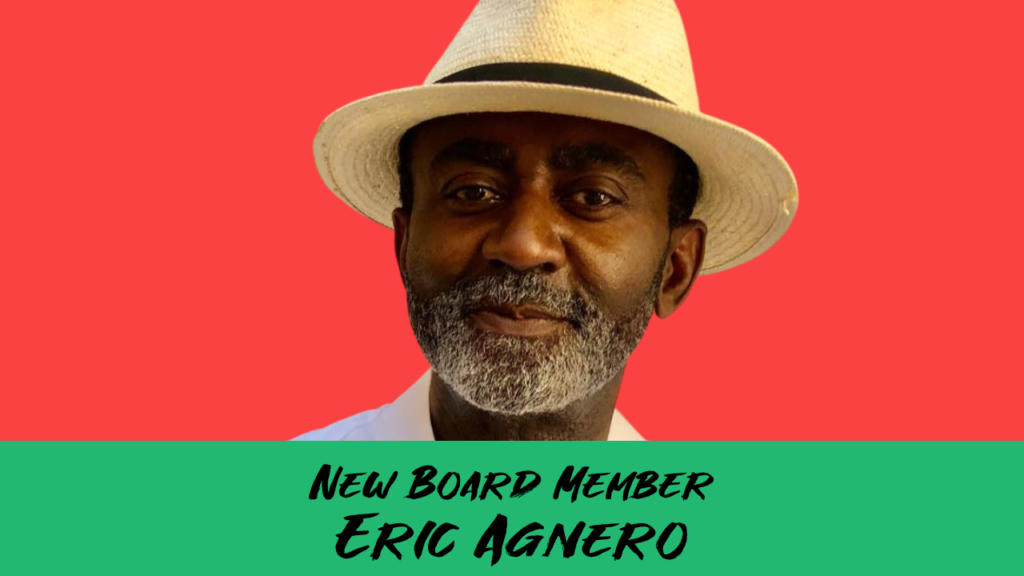
Eric Agnero joined Toward Freedom‘s board on May 14. He is a journalist and political analyst from the Ivory Coast, specializing in U.S.-Africa affairs. At CNN, he covered the 2010-11 Ivorian post-electoral crisis as a West Africa correspondent. He also has reported for Voice of America in Washington, D.C. Having experience in corporate and state-run media outlets has helped Eric understand the gap they leave behind for ordinary people. Aside from his journalistic experience, Eric has worked as communications director at the African Union. Having first moved to Vermont in 2012, he recently returned after several years working for organizations in Africa. Eric now is involved in community media projects with the Association of Africans Living in Vermont, Media Factory, CCTV Center for Media & Democracy, and Vermont Institute of Community and International Involvement.
Here’s what he had to tell Toward Freedom about the role of the media and what’s next to cover in Africa.
What got you interested in joining Toward Freedom’s board of directors?
I started by writing about Africa for TF. Then I realized that my stories could miss authenticity as I am far away from the continent, and could no longer navigate accurately the facts and nuances. I thought it would make more sense for me to be in a position where I can foster a better ownership of the generation of stories about the continent by the journalists on the ground.
You started off working in U.S. corporate and state-run media in the 1990s. How did those experiences develop your understanding of how the media influences public opinion?
Working on that side of the media spectrum has given me the advantage of measuring the impact, as the media in question have a well-defined purpose for which they will constantly re-adjust, especially regarding the subsequent inclination or realignment of the target audience.
What are most media outlets missing when it comes to covering Africa?
When it comes to Africa, most media—especially from the Western world—cannot depart themselves from the Judeo-Christian/Caucasian supremacy philosophy. Africa is always treated by the Western world as the poor infant that needs food, clothes and education. And most Western journalists orient their story with that idea of a plagued continent, where there will always be a dictator who maintains their people in poverty. This might be right, but they fail to report that the former colonial powers and the United States groom most dictators. But, most importantly, that the state of the African continent is in large part the result of Western malign influence and the continuing dwelling of the spirit of the 1884-85 Berlin Conference.
What story should Toward Freedom cover that corporate media has ignored?
The corporate media doesn’t cover the stories of those who are fighting to unroot the colonial and imperialist powers from the continent. The stories of successes in alternative economic, political, and social endeavors that are re-writing history and projecting the so-called “dark continent” of Africa into a bright future. Toward Freedom should therefore hear the stories of journalists from Africa who are part of this movement.
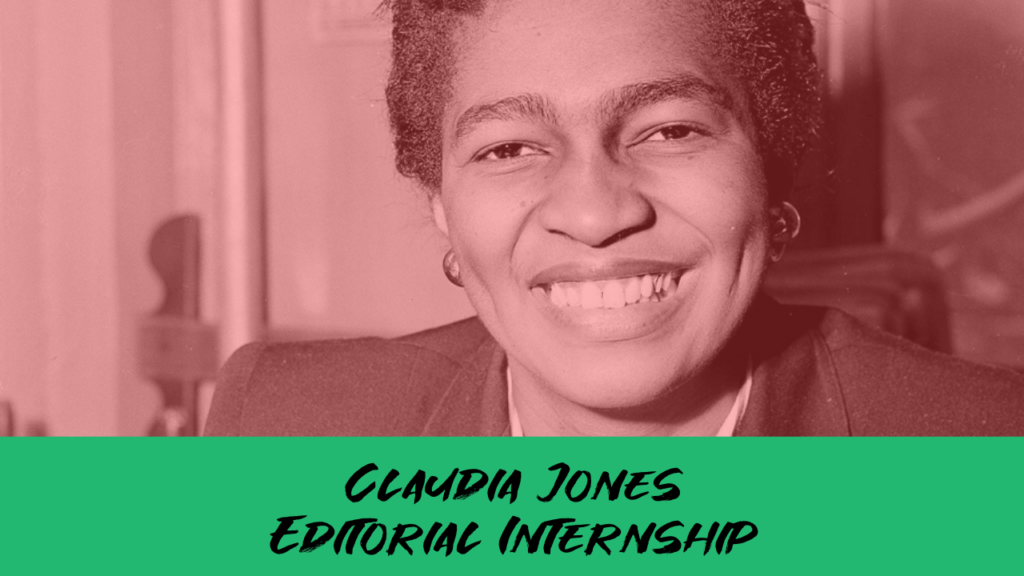

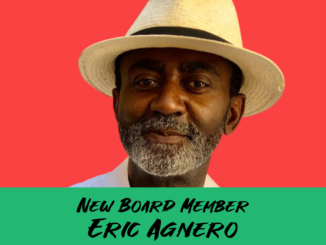

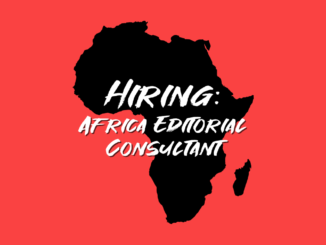
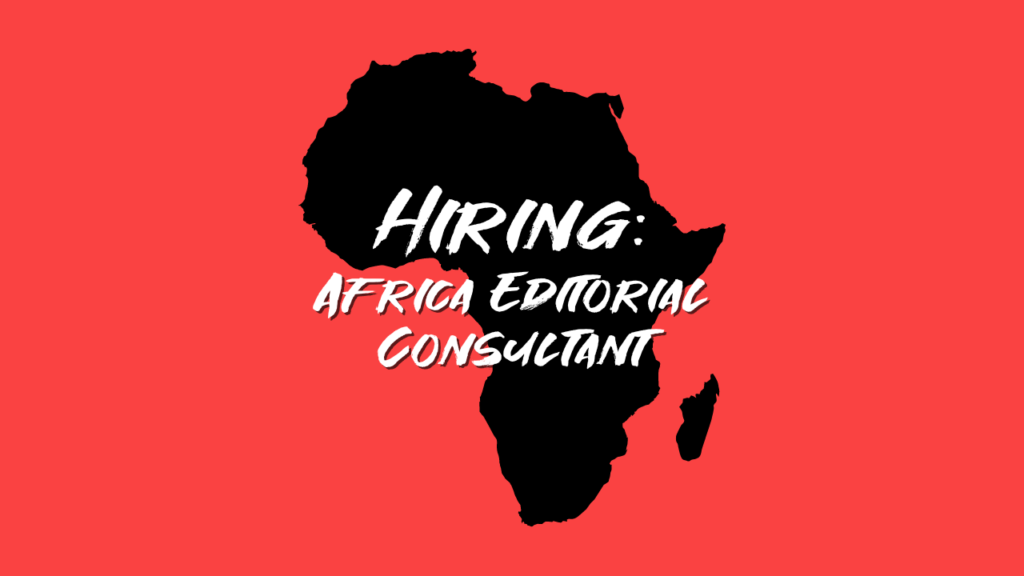
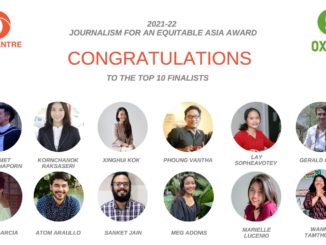
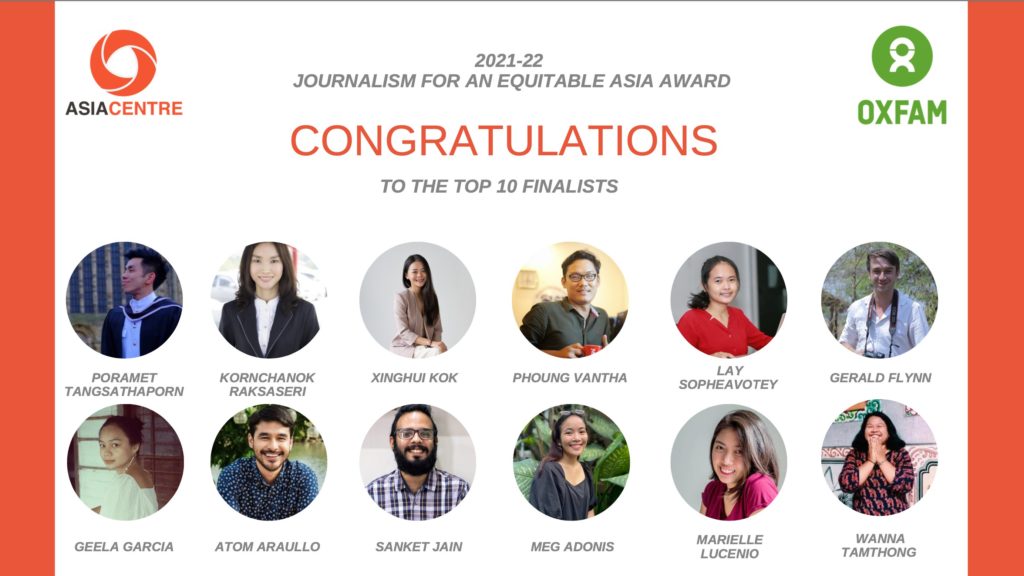
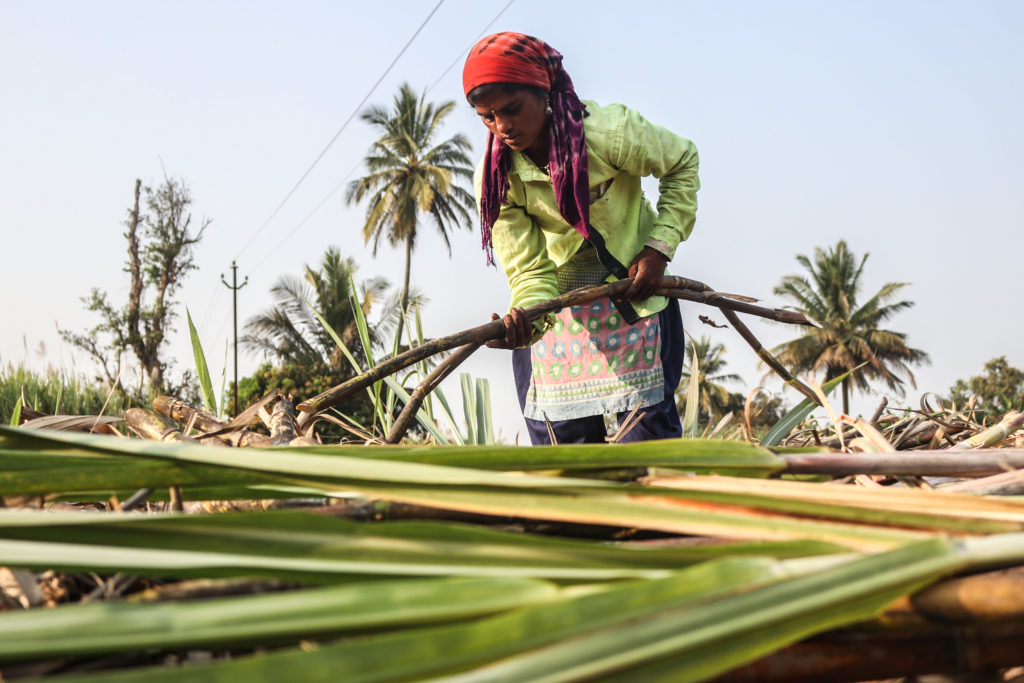
 The award winner will be announced at 2 p.m. Bangkok time on March 15. The event can be attended in person and watched online by registering
The award winner will be announced at 2 p.m. Bangkok time on March 15. The event can be attended in person and watched online by registering